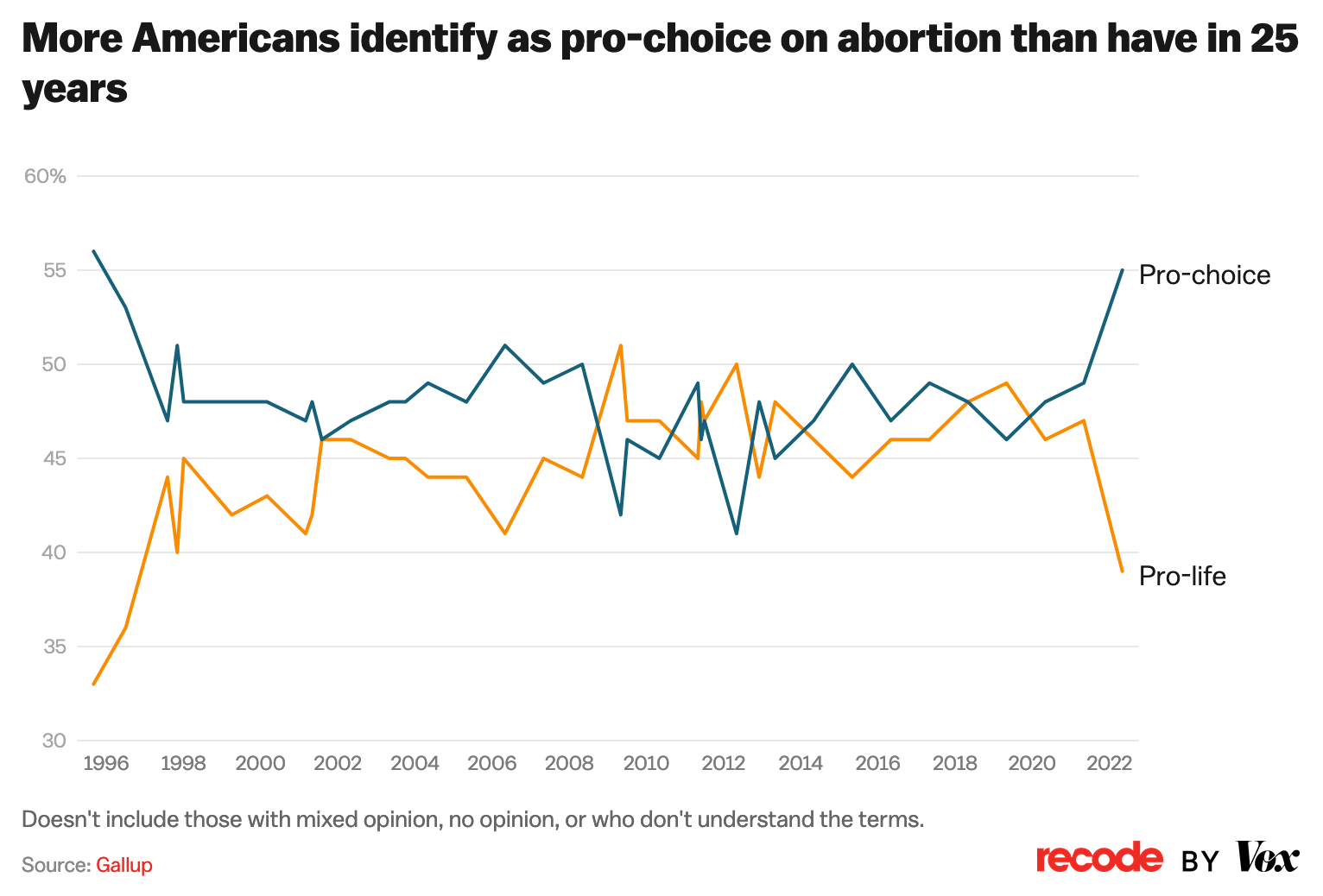The Gist: Roe v Wade, assayed
The US Supreme Court continues its efforts to transport America back to the 19th Century. This is the Gist.

This week, the US Supreme Court, an institution debased across decades of unmeritorious appointments, finally reached the end point of its majority’s long goal- the overturn of national rights to privacy for women’s health by way of rejection of the 50-year Roe v Wade decision on access to abortion.
It is hard to express how significant this decision will be for literally millions of women across the US, as individual states compete to produce the most grotesque laws restricting, punishing, stigmatising and surveilling women.
All the nightmares of Ireland’s recently repealed 8th Amendment will be revisited, fused to a policing and surveillance infrastructure unlike anything seen here.
From this distance, we can only acknowledge the scale of the disaster which will fall on so many at the personal level.
But we can also see the shape of the institutional consequences of this decision.
A majority of the US population do not want abortion bans. Even within states with solid Republican majorities, such as Texas, the voters say that is not what they want.

And yet restriction has been the unceasing policy and aim of the Republican Party for decades- because the US is not a functioning republic. Its majority simply can’t vote themselves into power, due to gerrymandering, gerontocracy and a legislature built to value property (States) over people (voters).
The Democratic Party’s establishment response to this latest assault (vote for us) simply refuses to countenance addressing these structural problems and so fades into irrelevant wishes that things could be better.
This judiciary will not reinstate the rights it has taken this week. The executive cannot get the legislature to do so. In this, as in so many other social and political issues, the majority have no means of seeing their will given political force. This is unsustainable.
It is hardly controversial to observe that something which is unsustainable will not be forever sustained.
History suggests that women and their allies are not willing to see their rights take a back seat for electoral concerns. And, perhaps heedlessly, the removal of the Roe v Wade judicial protection for abortion suddenly makes politicians responsible for the topic. And being held responsible for your speech and actions can be an uncomfortable position for a politician used to competing on rhetorical extremism.
Removing the protection of Roe v Wade has removed public positions on abortion access from the realm of the rhetorical and brought it back to the sharply practical and political. It is easy to announce you want to see pregnant voters have their rights curtailed when everyone knows you are unable to give the empty promise force. It pleases your radical wing while just being complacently treated as so much noise by other potential voters.
But it is quite another for a politician to credibly tell their electorate that if they get elected they will see to it that the voters and their own sisters, daughters and partners are treated as incubators or allowed die of political expediency.
We can expect a long, hot Summer of inchoate protest, before the shape of an alternative set of norms start to coalesce. While this judicial revolution is ongoing, the US public is mesmerised by the account of the attempted coup of Jan 6th 2021. Both share the same source- a devotion to minority rule.
Each of these shocks is a reminder that revolutions destroy as well as create and their ends become unpredictible even to those who worked the longest to create them. The most common victim of a revolutionary act is its instigator. The Supreme Court, as an institution, doesn't seem to have recognised that risk.
One thing we can be sure of is that no US institution will make it through the next 10 years untouched by transformation. How quickly the institutions recognise that will determine whether the transformation takes the form of revolution or destruction.



